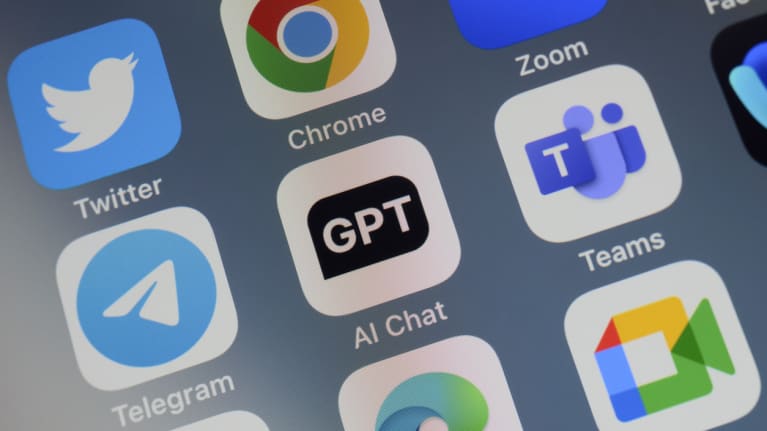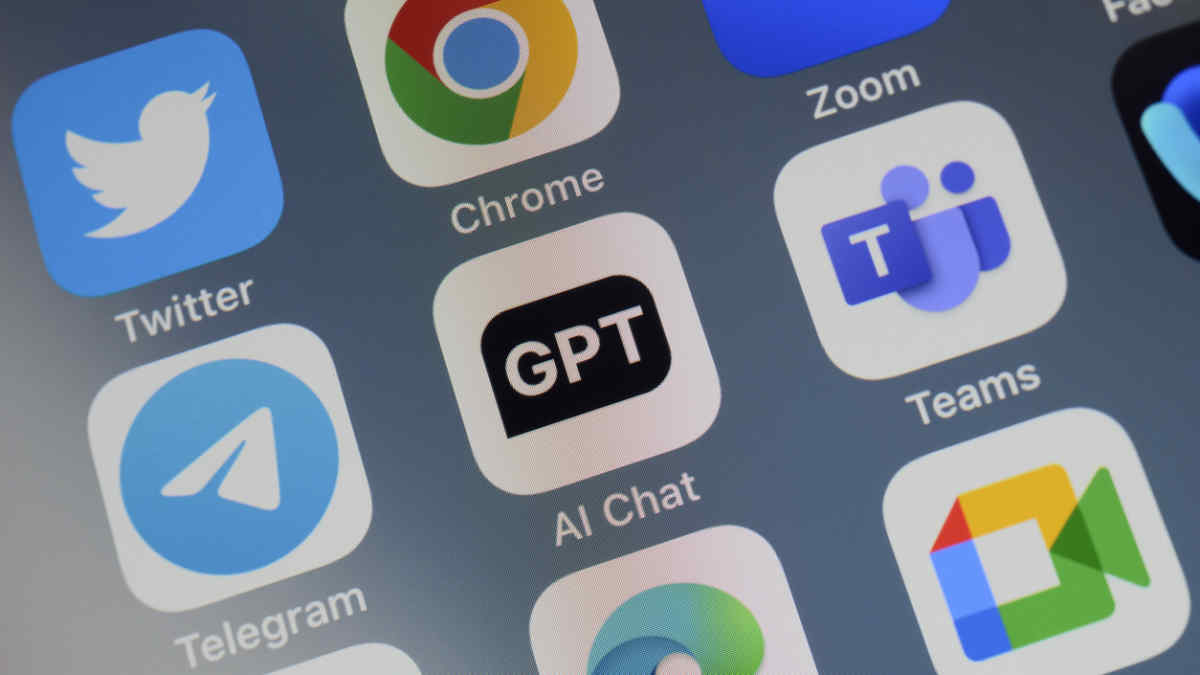

?Goldman Sachs economists predict that 300 million jobs in the U.S. and Europe could be eliminated through the use of ChatGPT and similar forms of generative artificial intelligence (AI).
However, Goldman Sachs researchers noted in their report that jobs that have been lost through automation historically have been offset by the creation of new jobs and the new occupations that have emerged “accounts for the vast majority of long-run employment growth.”
“[I]f AI delivers on its promised capabilities, it has the potential to significantly disrupt labor markets and spur global productivity growth over the coming decades,” through a combination of significant labor-cost savings, new jobs and higher productivity for workers whose jobs have not been displaced, the researchers noted.
SHRM Online collected the following articles on the issues surrounding this new and evolving AI resource.
300 Million Jobs Could be Affected by Latest Wave of AI, Says Goldman Sachs
As many as 300 million full-time jobs around the world could be automated in some way by the newest wave of artificial intelligence that has spawned platforms like ChatGPT, according to Goldman Sachs economists.
In a report Sunday, they predicted 18 percent of work globally could be computerized, with the effects felt more deeply in advanced economies than emerging markets. Administrative workers and lawyers are expected to be most affected, the economists said, compared to the “little effect” seen on physically demanding or outdoor occupations, such as construction and repair work.
(CNN Business)
The Jobs Most Exposed to ChatGPT
A new study finds that AI tools could more quickly handle at least half of the tasks that auditors, interpreters and writers do now. The researchers, who published their working paper online this month, examined occupations’ exposure to the new technology, which is powered by software called large language models that can analyze and generate text. Jobs at risk include accountants, mathematicians, interpreters and writers.
(Wall Street Journal)
ChatGPT 101 for HR Pros
ChatGPT can take work from every single job segment in which things are created—art and music, policy creation, advertising, strategy, disease diagnosis, legal advice and so on.
Should you be worried? If your sole reason for living is to do basic HR tasks, yes, you should be worried.
But gone will be the days of the “Queen of Spreadsheets.” While you will no longer be needed as the creator of a work product, HR professionals will still be needed to narrate to ChatGPT what they want to create.
(SHRM Online)
ChatGPT—What Employers Should Be Worried About Now
Since ChatGPT became available to the public at large in November 2022, employers have been wondering, and asking their employment lawyers, “What kind of policies should we be putting in place around the use of ChatGPT in the workplace?” Although at this stage it is difficult to imagine all of the different ways ChatGPT, and its subsequent iterations, could be used by employees in the workplace, it is important to consider some of the more obvious usage cases and how employers might choose to address them in workplace policies.
(Seyfarth)
Quiz: What Do You Know About Artificial Intelligence in the Workplace?
Is your workplace ready for artificial intelligence? This evolving technology is rapidly expanding across all industries, not just manufacturing and industrial settings. Employers need to understand the possibilities of AI and how embracing this technology can improve the workplace.
(SHRM Online)

